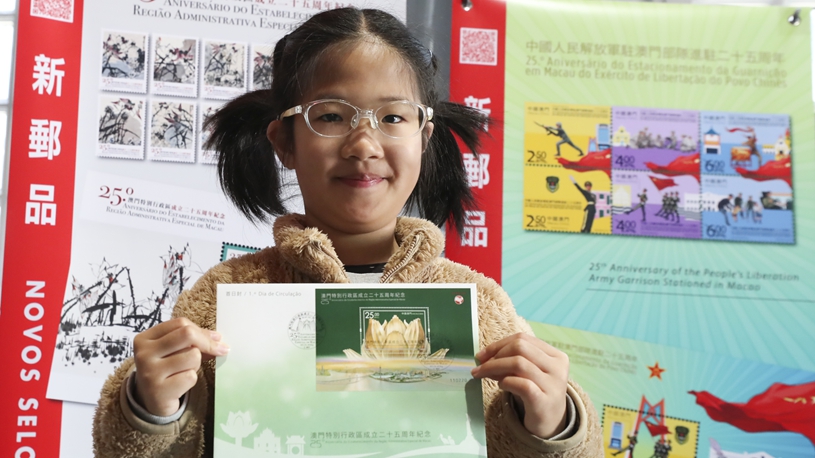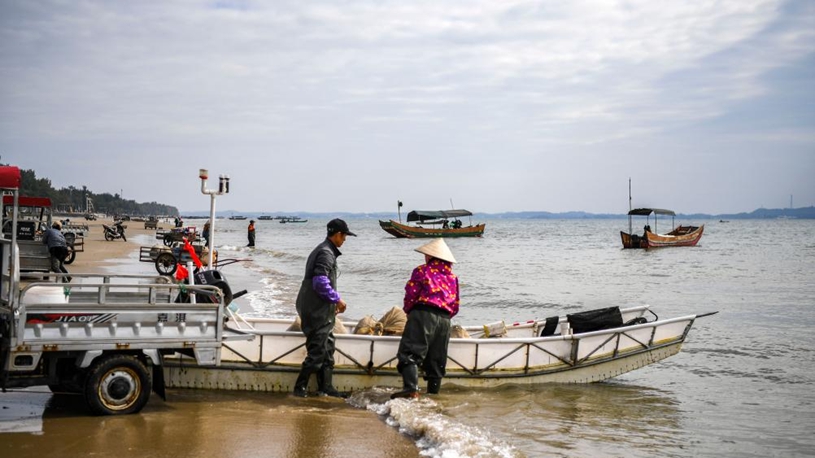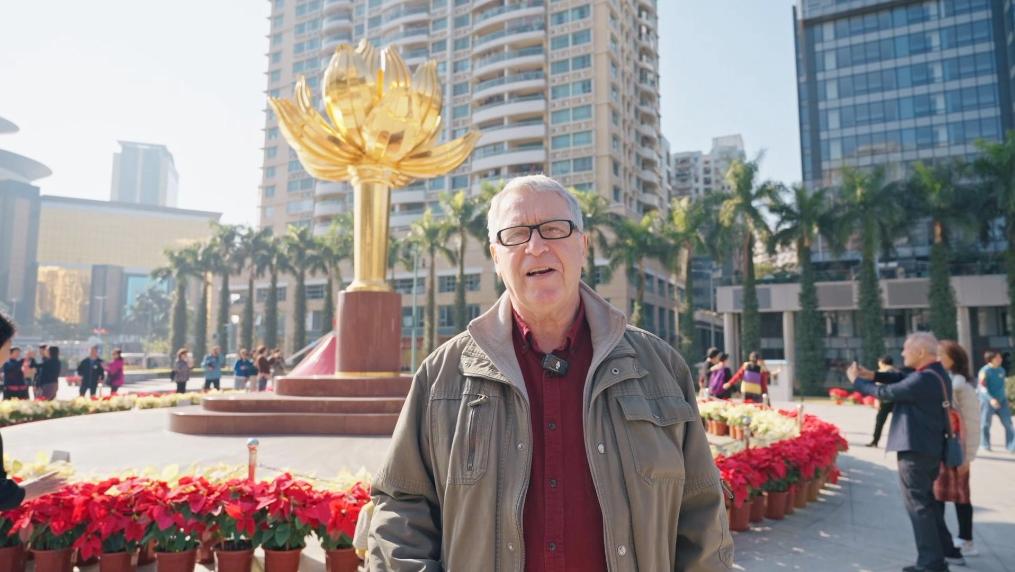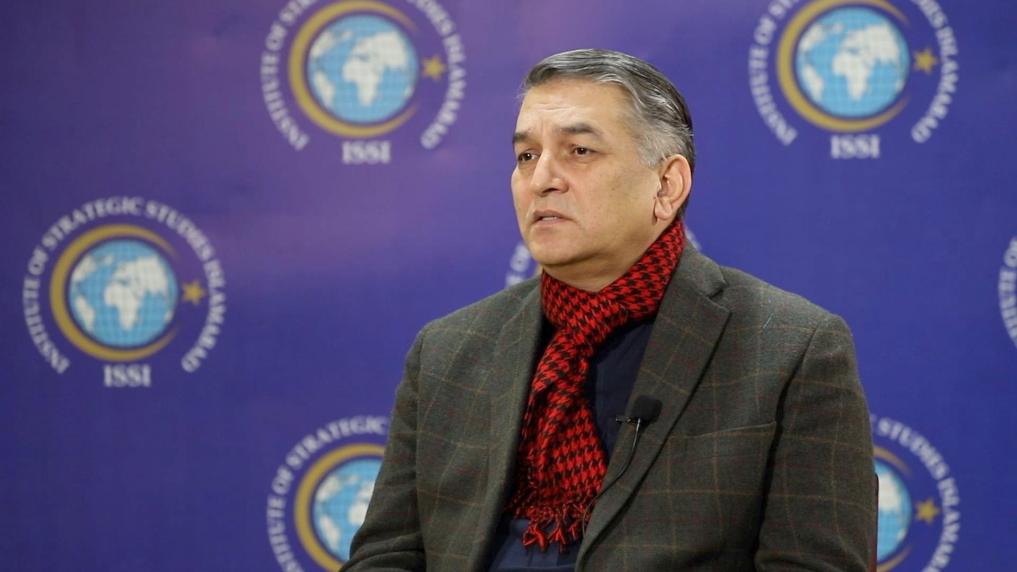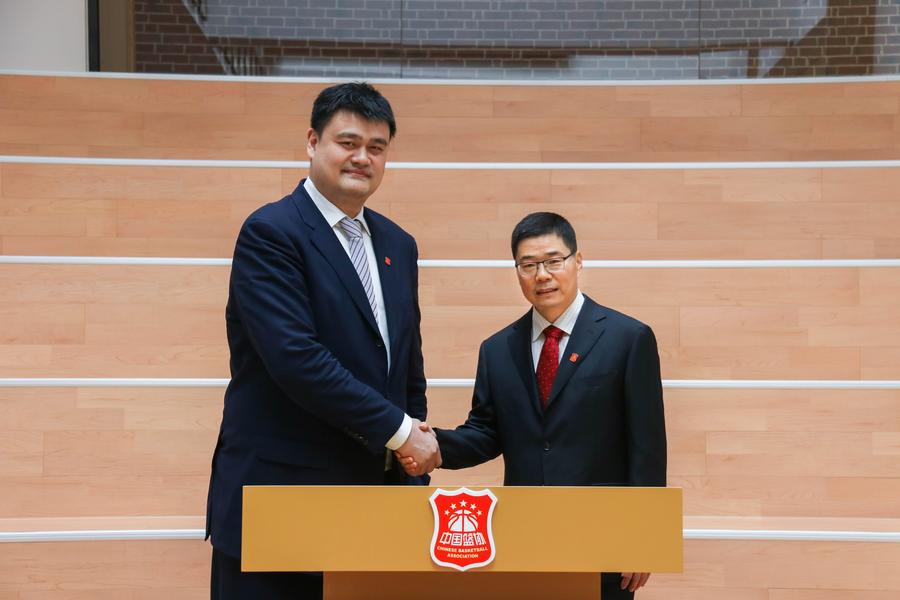
Yao Ming's resignation as CBA president marked a transformative year for Chinese basketball, which is presented with both challenges and opportunities in the new Olympic cycle.
by sportswriter Cao Yibo
BEIJING, Dec. 22 (Xinhua) -- The year 2024 marked a watershed for Chinese basketball, as leadership changes within the Chinese Basketball Association (CBA) placed one of the nation's most cherished sports at a pivotal crossroads.
The "quiet earthquake" reverberated throughout the basketball community, compounded by the national team's underwhelming performance at the Paris Olympic Games. As the sport looks ahead to the Los Angeles 2028 cycle, it faces not only challenges but also new opportunities to reform and grow.
YAO'S STEP DOWN: THE SEVEN-YEAR ITCH
One of the most defining events of 2024 was Yao Ming's resignation as CBA president in late October. The FIBA Hall of Famer and former Houston Rockets All-Star center assumed the role in February 2017 and was re-elected in December 2022.
Under his seven-year leadership, Yao spearheaded reforms aimed at modernizing Chinese basketball, integrating sports with education, revising foreign player policies, and improving league operations.
While Yao's efforts brought significant progress, they also drew mixed reviews. Critics pointed to persistent challenges, such as inconsistent national team performances and underdeveloped grassroots programs. Nevertheless, Yao's influence and commitment left an indelible mark on Chinese basketball.
In an exclusive interview with Xinhua, Yao described his decision to step down as a "strategic move" to ensure a smooth transition for the next leadership. "It is crucial for the new administration to have the time and stability to oversee a complete Olympic cycle," Yao said. He expressed optimism about the future of Chinese basketball and confirmed his intention to remain involved in its development.
Guo Zhenming, who succeeded Yao as CBA president, acknowledged the challenges ahead. "On one hand, Yao's unique ability to unify resources and drive reform is unparalleled," Guo said. "On the other hand, achieving the national goal of establishing China as a global sports powerhouse by 2035 requires a concerted and sustained effort."
Guo emphasized the importance of building on Yao's foundation. "We are committed to fostering a vibrant basketball ecosystem that nurtures young talent and inspires a deeper love for the game among fans," he said. "Our mission is to ensure that every child with a passion for basketball has the opportunity to play and grow, while also identifying and developing players capable of thriving on the international stage."
MEN'S BASKETBALL: A POSSIBLE TURNING POINT
Despite the CBA's ambitious vision, China's men's national team faces a grim reality. The team failed to qualify for the Paris Olympics following a disappointing run at the 2023 FIBA World Cup, underscoring the urgency for reform.
The departure of head coach Aleksandar Djordjevic in June marked a new chapter. The Serbian basketball legend stepped down following a shock defeat to Japan at the FIBA Asia Cup 2025 qualifiers, ending China's 88-year winning streak against Japan in major FIBA events.
Guo Shiqiang, a former national team guard and experienced coach, took over. Under his leadership, the team won only two of 13 summer games against formidable opponents, including NBA Summer League teams and Spain's Liga ACB club Joventut. The lack of offensive firepower was glaring, as the team failed to score more than 70 points in nine of those matches.
While the team closed the year with victories over Guam and Mongolia, the real test awaits in February 2025, when they face Japan in the FIBA Asia Cup qualifiers. Guo Shiqiang acknowledged the challenges and expressed determination to rebuild confidence and competitiveness.
A bright spot in an otherwise difficult year was forward Cui Yongxi's entry into the NBA. The 21-year-old signed a two-way contract with the Brooklyn Nets and appeared in five NBA regular-season games, becoming the seventh Chinese player to compete in the league. However, Cui's progress was halted by a season-ending ACL injury in December, further exposing China's fragile frontline.
Despite Cui's setback, emerging talents like Zeng Fanbo of the Beijing Ducks and Zhao Weilun of OTE's Cold Hearts offer hope for the future.
Domestically, the CBA celebrated its 30th anniversary with reforms aimed at enhancing competitiveness. The inaugural CBA Club Cup introduced a mid-season tournament, and a more liberal foreign player policy was adopted, allowing up to four foreign player registrations per team and a maximum of seven appearances across games.
WOMEN'S BASKETBALL: CONTINUITY AND CHALLENGES
The Chinese women's basketball team entered the Paris Olympics with high expectations after clinching the FIBA Asia Cup and Asian Games titles in 2023. However, the team fell short in the group stage, losing to Spain and Serbia.
Head coach Zheng Wei identified cohesion as a critical area for improvement. "We need to address the disjointed play that cost us crucial games in Paris," she said. The team's reliance on veteran players like Wu Tongtong, Sun Mengran, and Jin Weina poses another challenge as they near the twilight of their careers. Additionally, key contributors Huang Sijing and Yang Liwei have shown signs of decline in domestic league play.
Promising youngsters, including forward Luo Xinyu and guard Yang Shuyu, are expected to play pivotal roles en route to Los Angeles 2028. Zheng stressed the importance of nurturing these talents to ensure a seamless transition and sustained competitiveness on the international stage.
Domestically, the WCBA introduced significant reforms for the 2024-2025 season. The league expanded from 19 to 21 teams and adopted a new competition format, dividing teams into two groups for regular-season play. The playoffs now feature a five-stage system, including best-of-five series in the quarterfinals, semifinals, and finals. Player policies were also updated, allowing each team to register up to three international players with specific restrictions on their playing time.
CBA Chairman Guo underscored the league's mission to elevate women's basketball. "The WCBA plays a crucial role in popularizing the sport and improving its competitive level," he said. "Our goal is to create a platform that inspires young girls to pursue basketball and provides opportunities for players to shine on the global stage." ■

